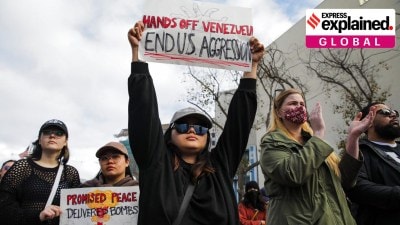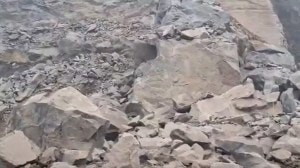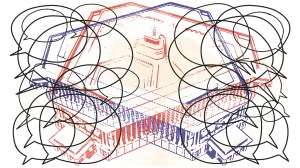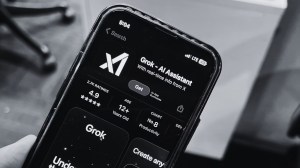The BJP calls it 8216;whistleblowing8217; to expose political corruption. Whatever the merits of its sting with CNN-IBN, what got buried in the noise was a crucial issue that affects the privacy of India8217;s 325 million phone subscribers.
When the BJP flaunted the Call Detail Records CDRs of the cellphone used by Sanjeev Saxena 8212; the man who purportedly handed over the cash to the BJP MPs in the trust vote sting 8212; to show his 8220;links8221; with Samajwadi Party leader Amar Singh, it brushed aside the fact that obtaining the records itself was a violation of established procedure.

Not just calls made, Jaitley claimed to have used CDRs to trace Saxena8217;s movements from Lodhi Estate to Ferozeshah Road on July 22, the day the UPA government won the trust vote in Parliament. While details of the last 10 or 20 incoming and outgoing calls can be obtained from a mobile set, location details can be got only from the service operator.
The licence agreement cellphone service providers have with the government clearly prohibits disclosing call records of a subscriber to any third party.
When contacted, Jaitley refused to say where he got the call records from. 8220;You reporters never reveal your sources. Why am I supposed to tell you where I got the details from?8221; he asked. When told that what the BJP had done was in violation of law, he said, 8220;I have no comments to make on that8221;.
So how did Saxena8217;s CDRs reach the BJP?
Vodafone Essar, the cellphone service provider of Saxena and over 50 million customers, says it did not share Saxena8217;s CDRs with a third party. 8220;We are thoroughly investigating this matter,8221; said a company spokesperson adding that an 8220;internal inquiry8221; was on to find out whether any 8220;unauthorised access8221; occurred at its end.
Sources in the company said a team from its UK office was also flown in to determine if processes in place could be bypassed to get such information.
Story continues below this ad
8220;As per law, we are required to share such information only with designated officers from Government agencies, usually law-enforcement and security agencies after a formal written request from them,8221; said the spokesperson.
In Delhi, for example, a request for obtaining call detail records CDRs has to be made by a designated Assistant Commissioner of Police ACP.
This evening, when a reporter of The Indian Express called up Vodafone Essar seeking call details of the last 30 days on his personal phone, a customer executive said the company does not provide incoming call details to the subscriber himself or even outgoing call details if these are outside the monthly billing cycle.
Court orders are another way to secure phone records of a subscriber, but for this to happen, one needs to satisfy the court about the legality, bonafide and necessity of the request in this regard.
Story continues below this ad
The matter becomes much more serious in case of phone-tapping in which case a written approval of Home Secretary of the state is necessary. Vodafone sources said that access to CDRs within the company, too, is limited to very few 8220;senior and relevant8221; officials given its 8220;sensitive nature.8221;

































